VocabularyKalimaya
Basa de Dunya draws from eight main wells to source its vocabulary, although words may be coined from existing roots or drawn from other languages as needed. These eight languages were chosen for their large number of speakers, geographic diversity, and status as linguæ francæ:
-
 English1,350,000,000 speakers
English1,350,000,000 speakers
inglix -
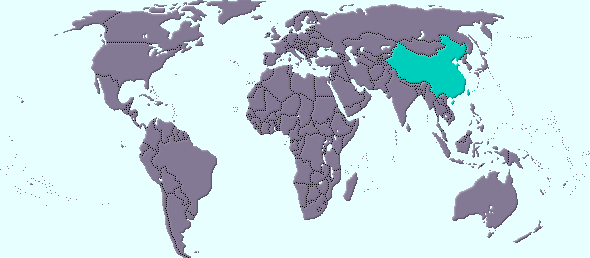 Mandarin Chinese1,120,000,000 speakers
Mandarin Chinese1,120,000,000 speakers
gwanhwa -
 The Romance languages900,000,000 speakers
The Romance languages900,000,000 speakers
romanus baxas -
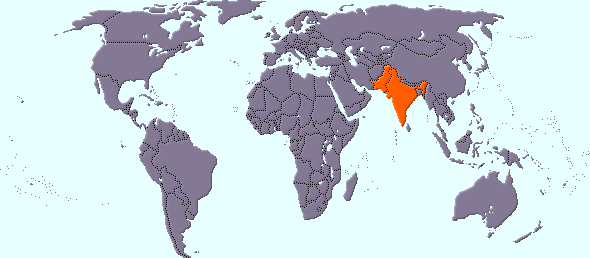 Hindi–Urdu750,000,000 speakers
Hindi–Urdu750,000,000 speakers
hindi i urdu -
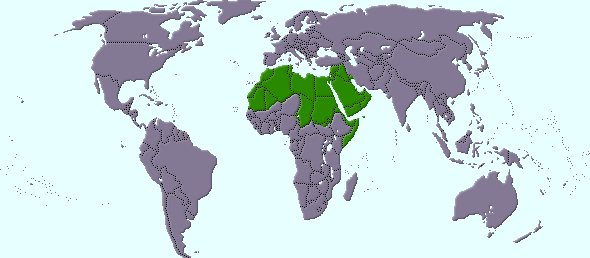 Arabic270,000,000 speakers
Arabic270,000,000 speakers
arabi -
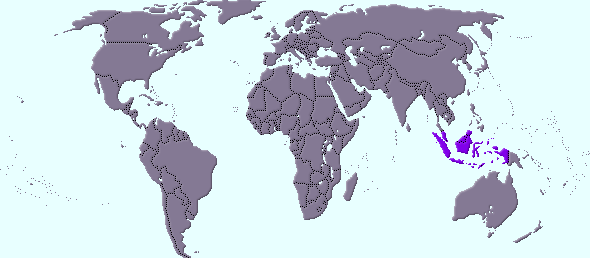 Malay–Indonesian225,000,000 speakers
Malay–Indonesian225,000,000 speakers
melayu i endónexa -
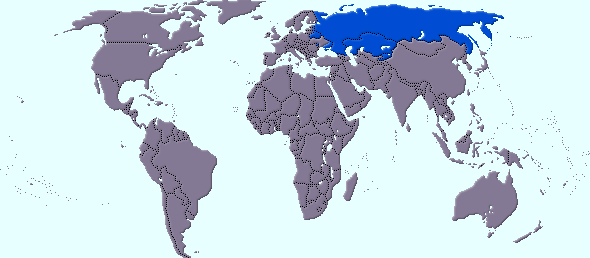 Russian200,000,000 speakers
Russian200,000,000 speakers
ruski -
 Swahili70,000,000 speakers
Swahili70,000,000 speakers
swahili
Though they aren’t direct members of the eight sources, classical languages like Latin, Ancient Greek, and Persian have contributed a great hoard of terminology to the above, and thus pop up frequently in Basa etymology.
When borrowing words (with the exception of proper nouns and ethnic terms, discussed in the next section), the stress shifts onto the penultimate syllable. For example, the Russian word ещё eščë is pronounced [jɪˈɕːɵ], with its stress on the final syllable. It was borrowed into Basa de Dunya as yexo, pronounced /ˈjeʃo/, with the stress on the penultimate syllable.
Geographic and ethnic wordsDunyaxweni i etnoni kalimas
Words for geographic areas and ethnic groups keep the stress from their original language, marked with an acute accent on the stressed syllable. For example, the Spanish español /espaˈɲol/ was borrowed as espanyól /espʰanˈjol/, keeping the stress on the final syllable.
Geographic and ethnic words are also not required to conform to Basa syllable structure. For example, the English Wales /weɪ̯lz/ was borrowed as Weils /ʋejls/, even though phonotactics might otherwise demand something like *Weiles or *Weilse.
The word for a country and the word for its people are derived separately: Weils “Wales” and kimréig “Welsh” are separate roots. The base form of a geographic word is always a noun, and the base form of the term for an ethnic group is always an adjective.
The word for a country and the word for its people always refer to those two meanings. It would be improper to refer to the government of Wales as *kimréig gwan; gwan de Weils would be more accurate.